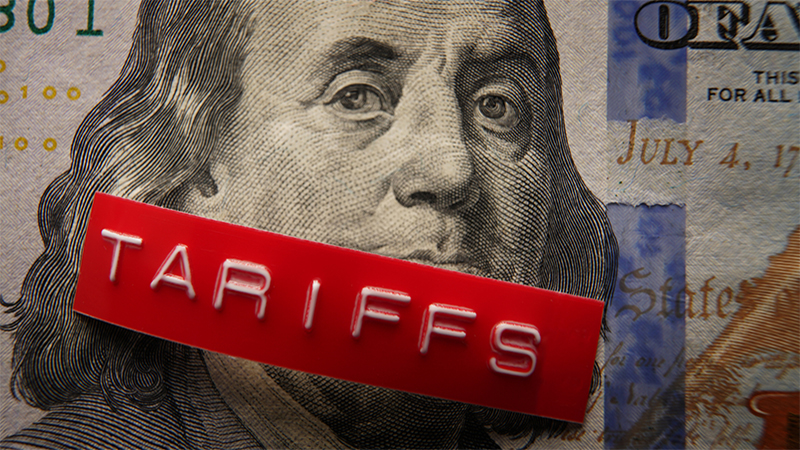“Should GDP growth be maintained through the second half of 2016 I anticipate improved confidence in domestic-facing companies,” Barnett explained. “In view of this, the marginal reshaping of my portfolios has included a venture into the retail sector with the purchase of clothing business Next.”
“The political events of June made for a stormy summer in UK equity markets, but after a quieter August, I expect UK companies to be very much business as usual as the market goes back to work,” he continued. “The UK equity market has staged a remarkable recovery from its post-Brexit shocks; in aggregate, equity prices have risen strongly since the referendum, buoyed by the flight to perceived safety in defensive and international stocks, and by weakened sterling.”
As well as Next, Barnett also pointed to a handful of financials in his portfolio as examples of the domestic plays he is referring to.
“UK financial stocks, including portfolio holdings Provident Financial, Legal & General and Derwent London, were also hit hard in the sell-off, but all three bounced back strongly in July and August. The scale of the decline in certain domestically-focused sectors, notably financials, construction and travel, was more severe than expected.”
“But the subsequent reversion in share prices of some of the hardest-hit companies, speaks volumes for the irrational pricing and unusual asset correlations at play in the current market environment,” Barnett continued. “By taking advantage of what I believe to be pricing anomalies in depressed areas of the market, alongside some profits from inflated dollar-earners, I have increased my portfolios’ domestic exposure.”
Barnett also noted that UK equity market valuations overall are currently trading at around 18 times 2016 earnings, which in his view is inflated.










